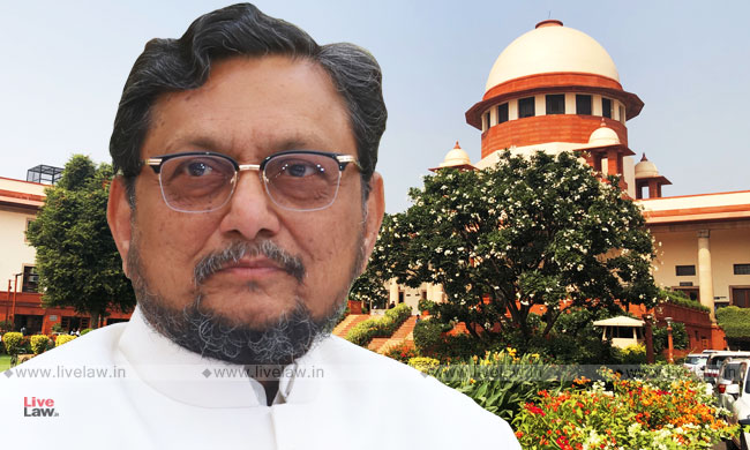Reacting to the last week's controversy over the oral observations during the bail hearing in a rape case, the Chief Justice of India SA Bobde on Monday said that the remarks were "completely misreported"."This court has always have given the largest respect to women", the CJI said today."Even in that hearing, we never gave a suggestion that you should marry. We had asked, are you going...

